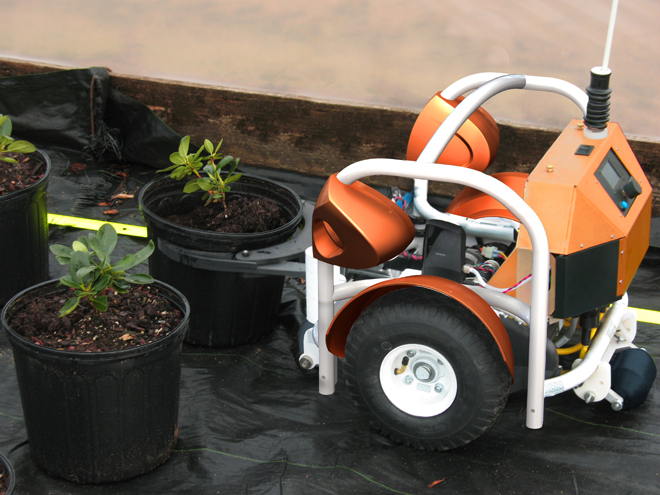Making a Half Million Dollar Ask? Maybe a Little Prep Makes Sense
You have to love the openness and transparency in (most) of the public sector. As my friend Mark Stelzner so accurately pointed out a few weeks back, the Freedom of Information Act and other local regulations often require that meetings, documents, contracts, and proceedings of various governmental bodies are regularly made available to the public and/or posted online for all to see. I'd like $500K please.
I'd like $500K please.
Case in point - a recent article describing a meeting of the San Antonio, Texas based Alamo Community College District, a collection of Texas Community Colleges having about 6,000 total employees, where the Vice Chancellor of Human Resources pitched a close to $500,000 purchase of some new HR software to the college system's Board of Trustees. Making the pitch as an HR leader to the ultimate decision makers for a big outlay for HR software is never easy, but as the article in the Ranger online aptly demonstrates, making said pitch without ready and defensible answers to some of the obvious questions that responsible budget holders are bound to ask is a recipe for failure, (and a little embarrassment).
Some highlights in case you don't read the entire Ranger piece: (questions and answers edited a bit for clarity)
Trustee Question #1 - Why are we doing this, i.e. why do we need to drop half a million on HR software?
HR Leader Answer: "We just really don't know a lot about how we're developing or if we're developing the talent we have out there waiting for us."
Eek. While that is likely true, when presented in that context it does not really inspire much confidence in the HR function. Make the case be about what the new tools will enable HR to do in order to help the organization meet its goals and develop talent sure, just don't state, 'We really have no idea what is doing on with our people and we need help.'
Trustee Question #2 - Are there any other similar customers using this solution, specifically, any other community colleges?
HR Leader Answer: "I don't know."
Ack. I don't completely blame the HR pro on this one. Not totally. Any vendor rep that had a clue what they were doing would have prepped the HR professional for this question and provided her with a list of references. But budget authorities the world over are not typically known for their willingness to embrace risk. Not having an answer to the question just makes HR seem more out of touch with business risk and reality.
Trustee Question #3 - What happens if we don't buy this software now?
HR Leader Answer: "Nothing really. If we wait until after December, then we will have to pay a higher price.
Trustee follow up - How much more?
HR Leader Answer : I am not sure.
You get the idea by now I am sure. Walking into the room, making the big money ask, and not anticipating an preparing for the obvious questions related to the software, the benefits, and the simple risk mitigation strategies associated with large software implementation projects just makes you look unprofessional, and ill-prepared to handle a costly, complex project.
The answers to these questions are not always easy, but the questions are easy to anticipate. If you can't answer them, then maybe you're not ready to sit at the grown-up table.

 Steve
Steve


